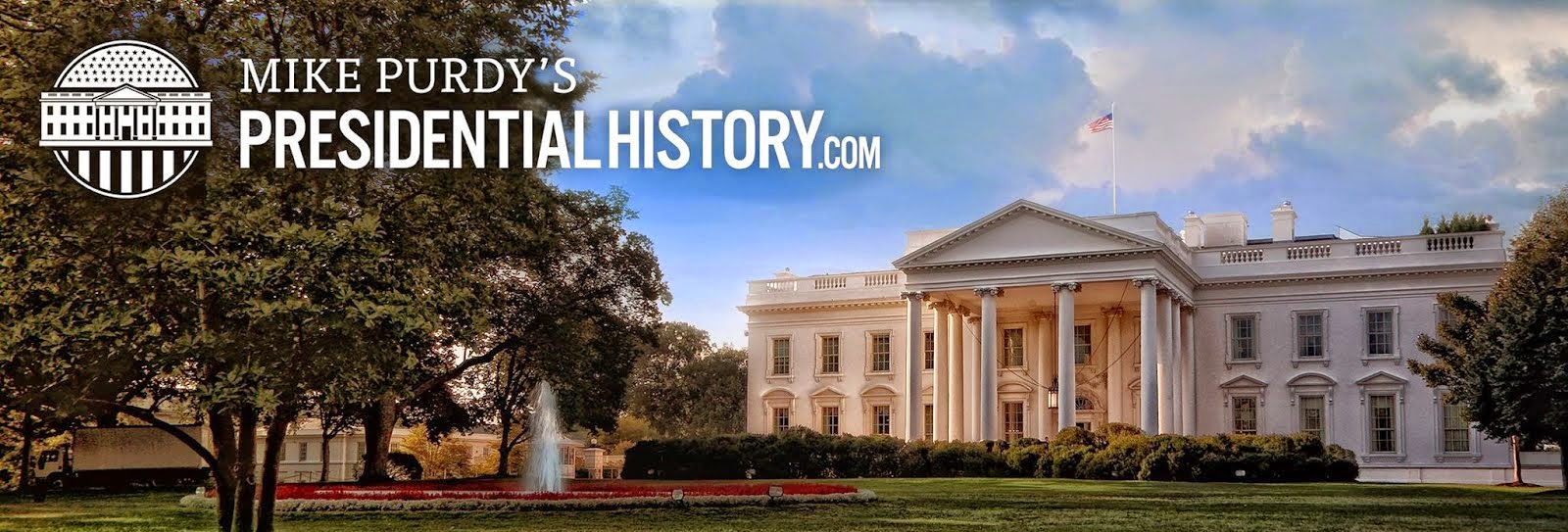The New Jersey Assembly has passed a bill that
would require local public agencies to publicly disclose the names of possible
bidders on public construction projects.
Currently, such disclosure is voluntary.
Legislative support: The bill passed the Assembly on June 23, 2014 by a 59-16 majority. It has been sent to the Senate Community and Urban Affairs Committee (S2216). Deliberation in the Senate could occur any time during the next 16 months.
Support for the bill: A947 is
being promoted by state labor groups and small businesses who argue that
knowledge of potential bidder identities prior to the bid submission deadline
will allow small businesses (particularly women and minority owned businesses)
to “have timely access to bidders on public projects so that they can submit
subcontracting bids to those bidders for the purpose of enabling those bidders
to put together their lowest possible bids to the benefit of the local
contracting unit.”
Opposition: Local governments oppose the change as, in
their view, such forced disclosure may contaminate the sealed bidding process
and lead to bid-rigging and collusion.
There is also concern that overall costs will increase due to
litigation.
Precedents: There are a number of public agencies in New Jersey where public
disclosure of the bidders list is standard practice. However, there is no set number of bid
document recipients to trigger disclosure.
Also, in a closely related New
Jersey court case (O’Neill Electric Co., Inc. v. theBoard of Chosen Freeholders of the County of Warren, 1997), the NJ Appellate
court ruled that such required disclosure of the bidders lists would
“facilitate collusive or bid-rigging arrangements” and not be in the public’s
best interest.
Additional
information: The following links
provide more information about this issue:
- A947 – Text of the bill that passed the New Jersey Assembly
- Wayne, NJ Council votes to oppose bids bill, by Deborah Winters, August 28, 2014, www.NewJersey.com
Should list of
potential bidders be disclosed?
Different public agencies clearly have different practices on this issue. Generally, I think it is best practice that
public bidding be a transparent process.
This would suggest making the bidders lists available publicly. However, in regions where this practice may
encourage collusion, it may be wiser not to disclose the names of firms who
have picked up the bid documents.
Should number and
names of bidders be disclosed?
Beyond the issue of the bidders lists, in order to prevent collusion and
inflated prices, public agencies should not disclose the number of bids that
have been received or the names of the bidders who have submitted bids. It is at this point, rather than simply the
names of bidders who have picked up bid documents, that collusion and inflated
prices are more of a risk. Some bidders
are known to arrive at the bid submittal location with two bids and they submit
one bid based on their competition.
Mike Purdy's Public Contracting Blog
© 2014 by Michael E. Purdy Associates, LLC
http://PublicContracting.blogspot.com










